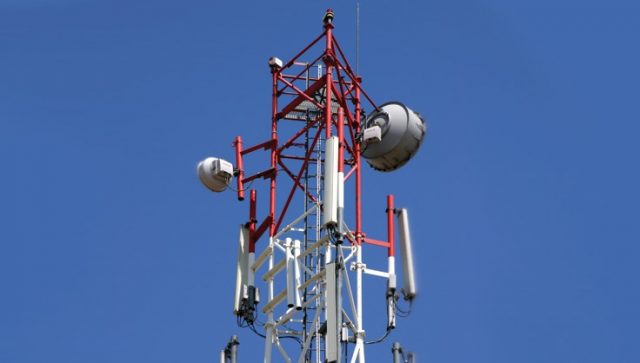
The planned merger between Vodafone India and Idea Cellular will create significant opportunities for capital expenditure (Capex) savings, said Fitch Ratings.
Vodafone India and Idea Cellular can eliminate duplicate network investments and avoid their participation in spectrum auctions in the future.
The Indian telecom industry believes that the recent entry of Reliance Jio Infocomm forced both Idea Cellular and Vodafone to combine their businesses. Jio, a company promoted by billionaire Mukesh Ambani, is offering free voice and data services and will be achieving 100 million subscribers on its 4G network by March 2017.
Benefits
Fitch Ratings estimates that the combined entity should have sufficient spectrum to expand 3G / 4G services across 22 Indian circles.
An all-share merger along with a possible equity injection would strengthen the combined entity’s balance sheet and provide flexibility to invest in Capex. Idea’s balance sheet is stretched, with net debt / EBITDA of about 4.5x-5.0x. Idea Cellular, an Aditya Birla group company, has a net debt of Rs 364,013 million.
Can withstand pricing pressure?
Fitch Ratings estimates that the planned merger of Vodafone India and Idea Cellular will help them withstand intense price competition in the Indian telecoms market. The merger will not lead to increased pricing power for operators in the short term, says Fitch Ratings.
“We retain our negative outlook on the sector, as fierce competition and rising Capex will put pressure on most operators in 2017,” said Fitch Ratings.
The merger could improve the combined EBITDA margin by 250bp-350bp due to cost savings – mainly on network and marketing expenses.
The combined entity will have a balanced subscriber mix, as Vodafone is strong in urban areas whereas Idea Cellular focuses more on the rural mass market. The merger would create an entity with 390 million subscribers, a revenue market share of around 40 percent, revenue of $11 billion – $12 billion, and an EBITDA margin of about 28 percent-30 percent.
Consolidation, which is natural in an industry suffering from too many operators and a focus on price competition, should benefit the industry in the long term. Reliance Jio is likely to ensure that price competition will remain very high for at least one to two years.
Regulatory challenges
Vodafone India and Idea Cellular will face regulatory challenges. The combined entity would have more spectrum than regulations allow in five circles – this excess spectrum would need to be sold or surrendered to the government.
The new entity may also have to cede some revenue market share in six telecom circles, where pro forma revenue market share would be higher than the 50 percent allowed by regulation.
Reliance Jio’s investment of $25 billion and offering of free voice and data for six months have accelerated the pace of industry consolidation.
Telecom consolidation is finally taking shape in India. Reliance Communications announced its plan to merge its wireless operations with Aircel. Telecom operators such as Telenor India and Tata Teleservices are also considering partnership.





